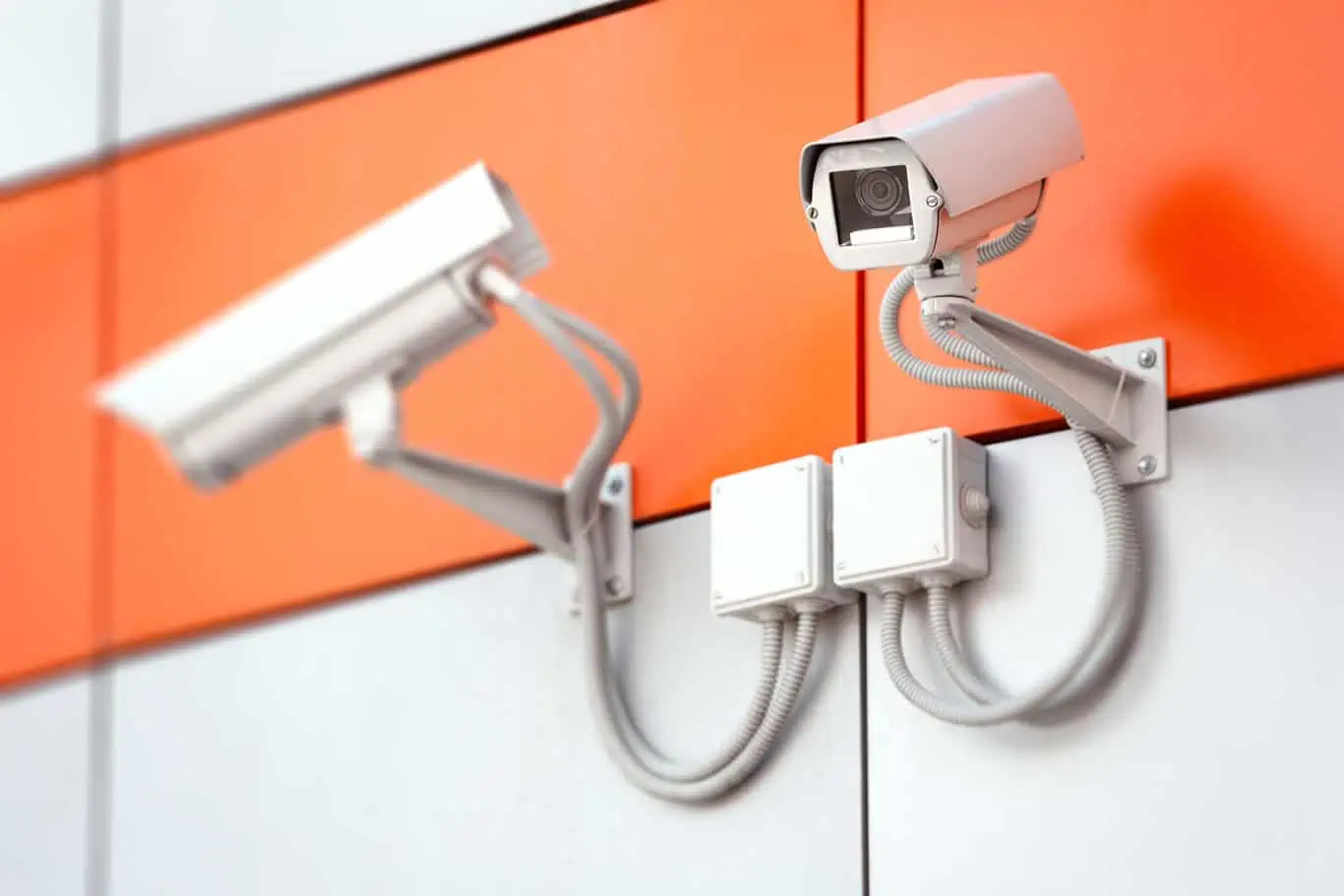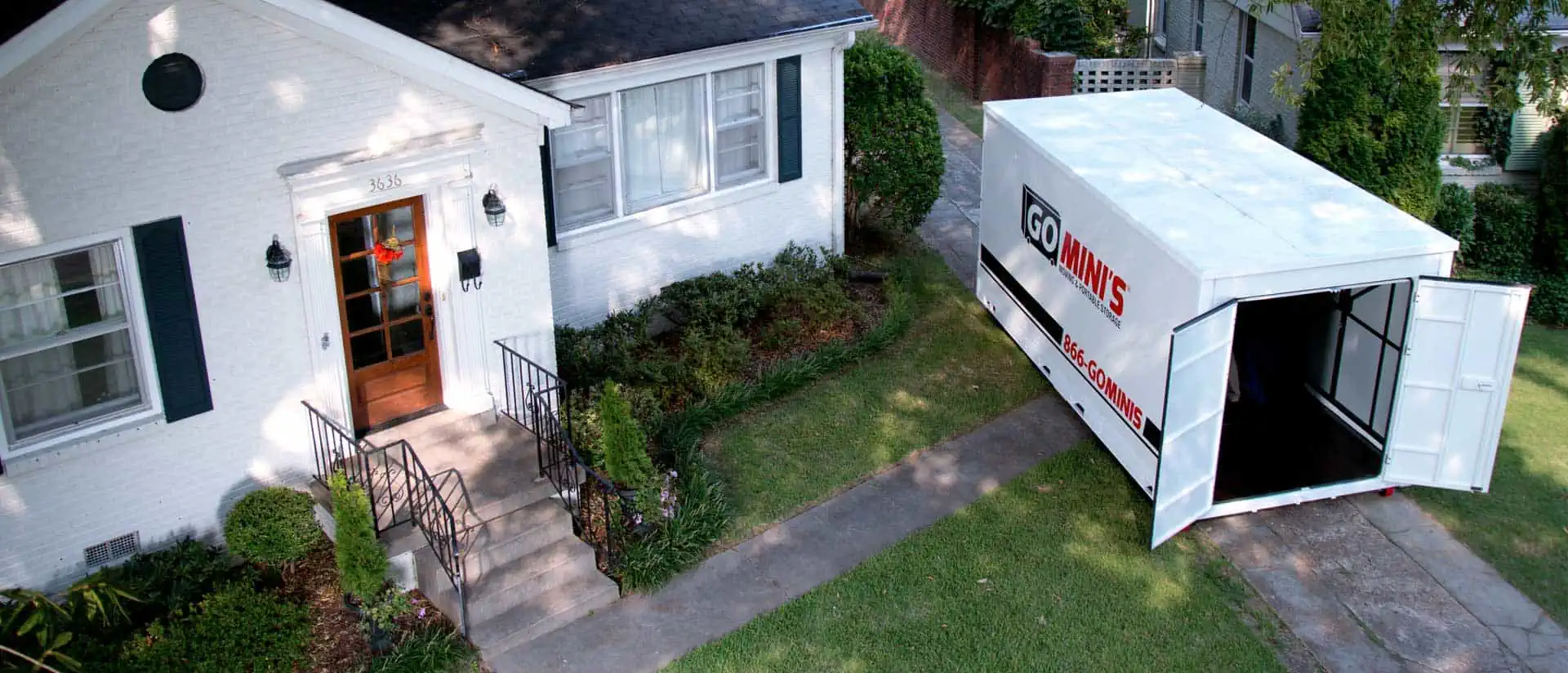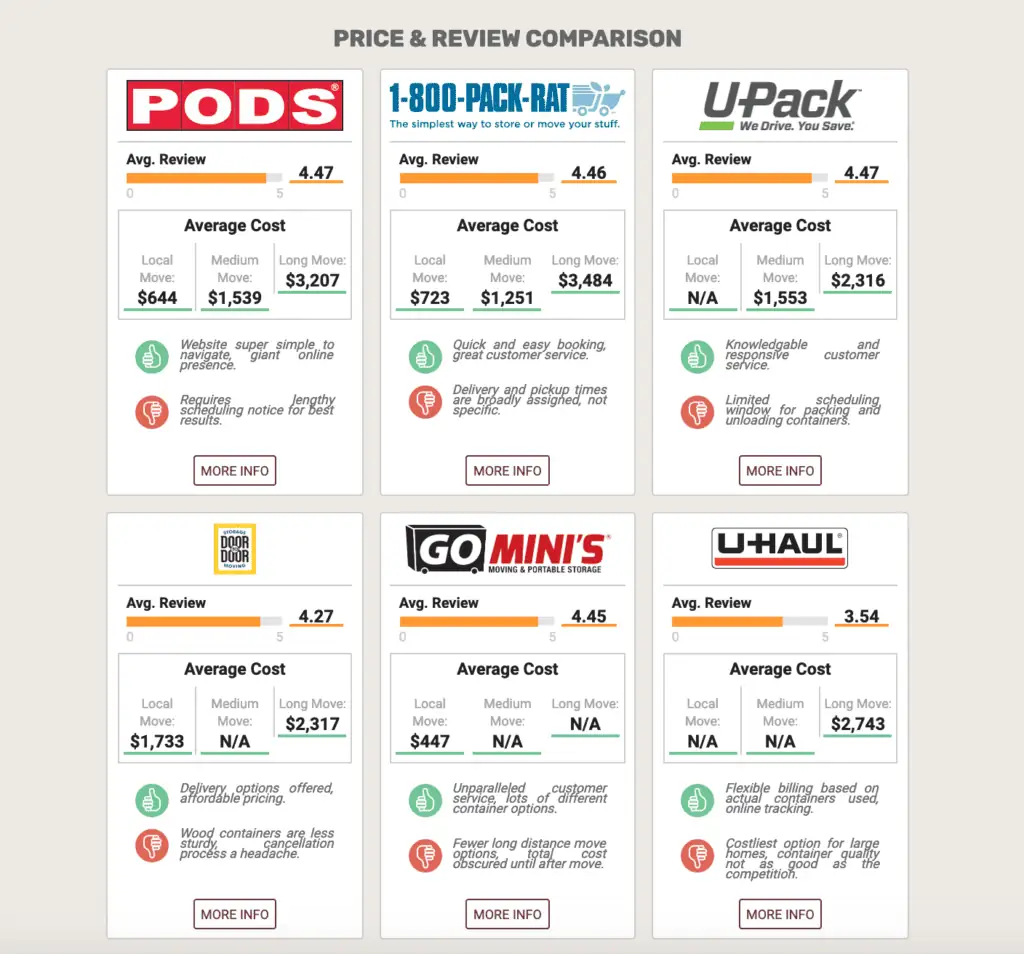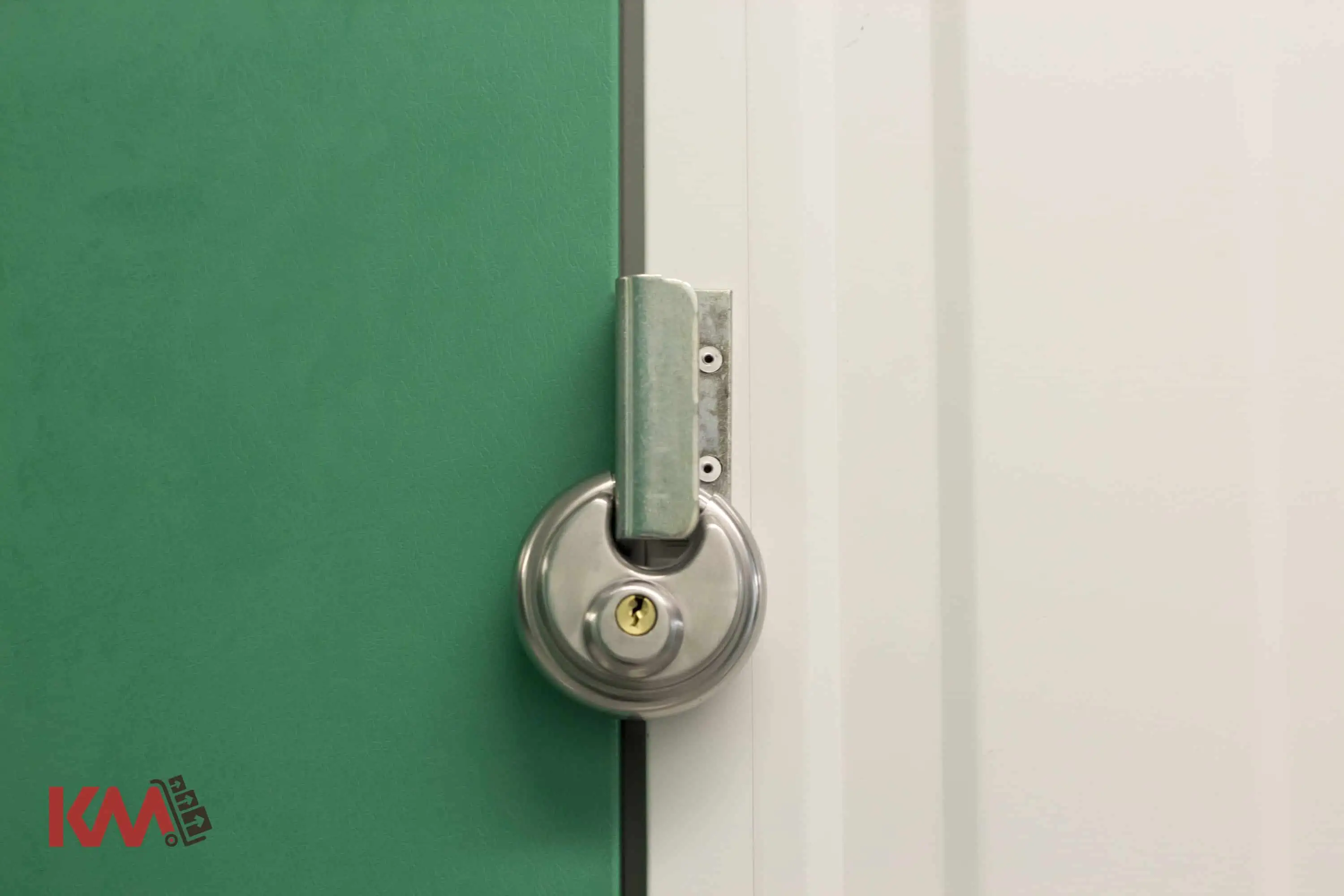Imagine you’re standing outside a self-storage facility. What do you see in front of you? Thick-walled buildings with metal doors bolted and locked up tight? Security cameras? Access code keypads? A tall fence with iron spikes? Heavy front gates and a sign warning would-be burglars about the 24-hour surveillance system?
All self-storage facilities have … some of this stuff. Some places have all of it and even more, providing maybe some peace of mind to anyone storing there.
That’s the idea anyway. But that’s not how it always works.
Colorado’s KDVR News tells us that a certain Denver-area self-storage facility has been burglarized at least fifteen times since January of 2017. That’s right, fifteen! (Which is exactly how many games the Cleveland Browns have won since January of 2013.) From the report,
“In many of the cases, the locks had been cut off and people renting the units weren’t aware their things had been stolen until Public Storage alerted them.
One renter told us he lost everything from leather chairs to sports equipment in February while another renter even lost her deceased parents ashes.
Another man lost $8,000 in items.”
The facility in question? They have iron gates that will not open without the required code. They have surveillance cameras in place. Some of the units are located along the interior corridors of the restricted-access building, providing an even extra layer of security.
So how does even one theft occur, let alone fifteen thefts?
For starters, in at least one instance the facility’s security cameras were, according to the police reports, “not plugged in.” In many instances, the locks on the doors to the burglarized units had been cut, which requires nothing more sophisticated than a stout pair of bolt cutters.
But come on … fifteen times?
We see two possible explanations. Someone who is renting a unit, and therefore has the necessary codes to get into the place, is going in at night (or maybe even the middle of the day) and popping other people’s locks. Assuming the facility’s management is interested in putting a stop to things, they would have checked their security footage and shared what they saw with the authorities.
In terms of that place in Denver, according to KDVR’s report, this doesn’t seem to be the case. Which leads us to our second possibility: the series of thefts could just be an inside job by anyone from a low paid employee to a corrupt head of the company.
No, we don’t have proof of either of these happening at the facility in question, and we aren’t making any direct accusations here. Maybe there are a couple of guys out there who are really good at hopping fences and slipping into locked buildings – and then slipping back out and hopping back over the fence carrying their loot which, in one of those cases, included leather chairs. I’m just saying.
So how can we protect our stored belongings when we don’t even know who we’re protecting it from?
The simple answer to how to best protect yourself is to eliminate as many potential culprits as humanly possible. Look for these things in mass in a self-storage facility:
- Serious exterior security
- High fences with iron spikes
- Surveillance cameras
- Code-controlled gates and doorways
But even these offer varying degrees of security. Questions to consider include: Do the cameras record grainy still-shots of moving objects or HD video resolution? Is the footage monitored in real time by a human being (who is not sleeping) or does it just get stored somewhere until a theft has already occurred? Are the codes for the gates and doorways changed regularly? Is each customer assigned a unique code to detail who has come and gone when?
You should even ask if a facility records the license plates of vehicles entering and exiting the premises, or whether they check photo IDs of people on their way in. Also, is there is a backup power supply for all those codes and cameras in case of an outage? Don’t be shy about asking such questions. These are things you are paying money for and need to know.
What else should I know?
Other important variables (which you don’t even have to ask about) include
- If the facility is well-lit at night
- If the facility is located in a higher-crime area
- What the surrounding environment consists of, such as, does it stand in developed suburbia or out in a landscape of abandoned lots and industrial parks?

While we don’t recommend it, if you must put certain valuable or irreplaceable items into storage, put them in the rear of your unit to make them less visible and thus less vulnerable. And for the protection of everything you are storing, be aware that while a self-storage provider may offer some kind of coverage against fire, flood or catastrophe, they are under no legal obligation to do so. What’s more, they will, by and large, refuse to be held accountable for any loss due to theft. Most facilities will require renters to have their own insurance policy for their belongings, but your homeowner’s or renter’s insurance policy, even if it covers stored items, may not allow for reimbursement for items damaged by mold, mildew or infestation, regardless of who may be at fault.
And finally, do a little searching at home.
A quick Internet query may turn up some bad news about the self-storage facility that looked so good in person. Now, whether one incident at this or that place may not be grounds for outright rejection in your book. That’s your call. But fifteen thefts in ten months?
You might want to keep on searching.




 Tips such as not storing more than $5,000 in goods, purchasing insurance and using
Tips such as not storing more than $5,000 in goods, purchasing insurance and using